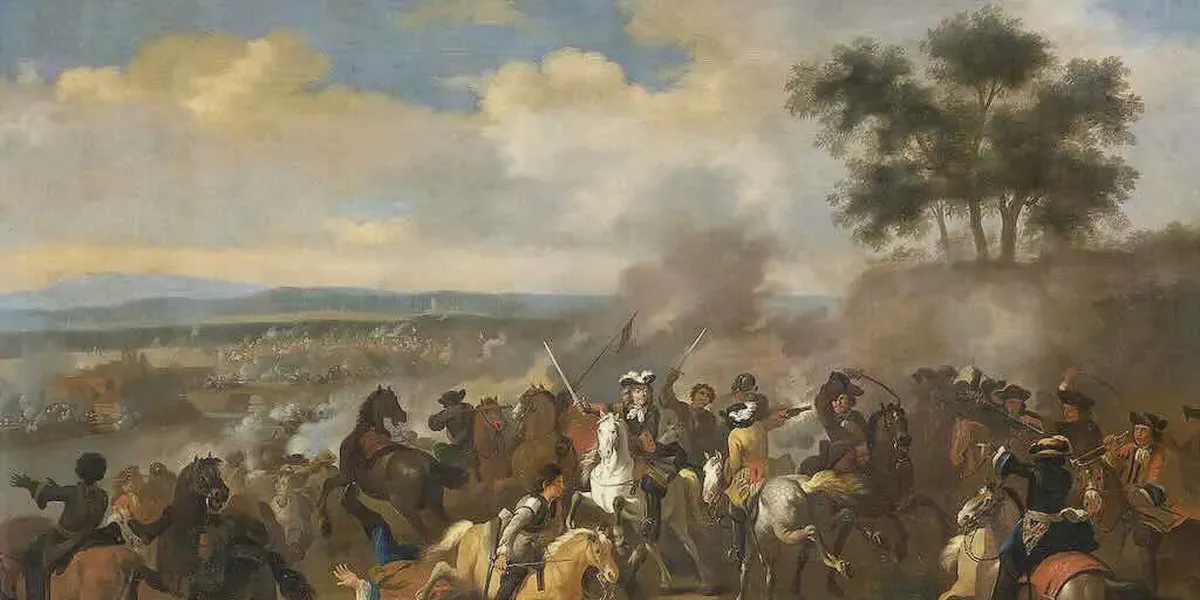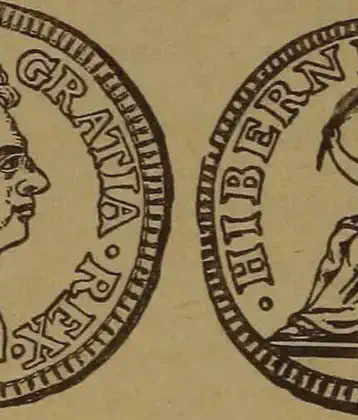
The Battle of the Boyne was a turning point in the Williamite war in Ireland between the deposed King James VII of Scotland and II of England and his son-in-law and successor, William, for the English, Scottish and Irish thrones.
William III defeated James VII in the Battle of the Boyne, Ireland.
Drogheda
It took place on July 01, 1690 (O. S.) just outside of the town of Drogheda on Irelands east coast. Though not militarily decisive, its symbolic importance has made it one of the most infamous battles in British and Irish history and a key part in Irish Protestant folklore.
It is still commemorated today, principally by the Orange Order. As a consequence of the adoption of the Gregorian calendar, the battle is now commemorated on July 12.
The Boyne was not without strategic significance on both Great Britain and Ireland, however. It marked the end of James’s hope of regaining his throne by military means and virtually assured the triumph of the Glorious Revolution. In Scotland, news of this defeat led to the Highlanders gradually abandoning the Jacobite Rising which Bonnie Dundee had led. In Ireland, the Boyne was the beginning of the Williamite victory over the Jacobites, which maintained British and Protestant dominance over the country. For this reason, the Boyne is still celebrated by the Protestant Orange Order on the twelfth of July.
The Battle of the Boyne remains a controversial topic today, especially in Northern Ireland where Protestants remember it as a great victory over Catholics and responsible for the sovereignty of Parliament and the Protestant monarchy.
Originally, Irish Protestants commemorated the Battle of Aughrim on the 12 July, as symbolizing their victory in the Williamite war in Ireland. At Aughrim, which took place a year after the Boyne, virtually all of the old native Irish Catholic and Old English aristocracies (dispossessed of lands to accommodate the plantations under Elizabeth I and Oliver Cromwell) were wiped out.
The Boyne, which in the old Julian calendar, took place on 1 July, was treated as less important, third in commemorative value after Aughrim and the anniversary of the Irish Rebellion of 1641 on 23 October. What was celebrated on the Twelfth was not Williams victory over popery at the Battle of the Boyne, but the extermination of the elite of the native Irish at Aughrim, thereby ending the fear of having to surrender the planted lands.
More From This Day





